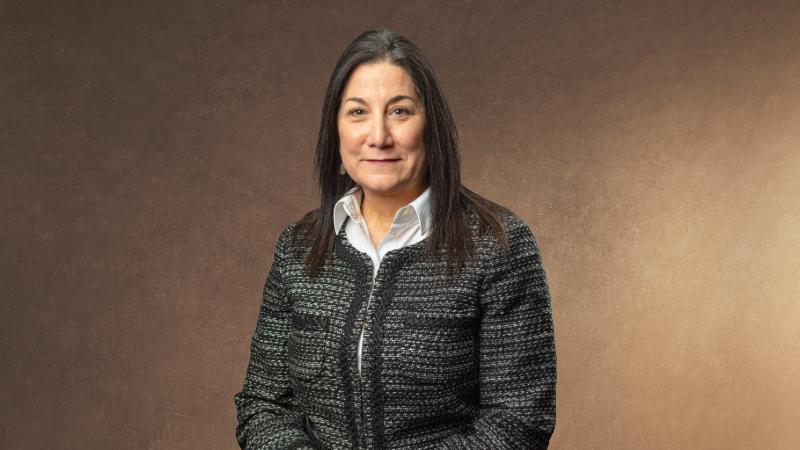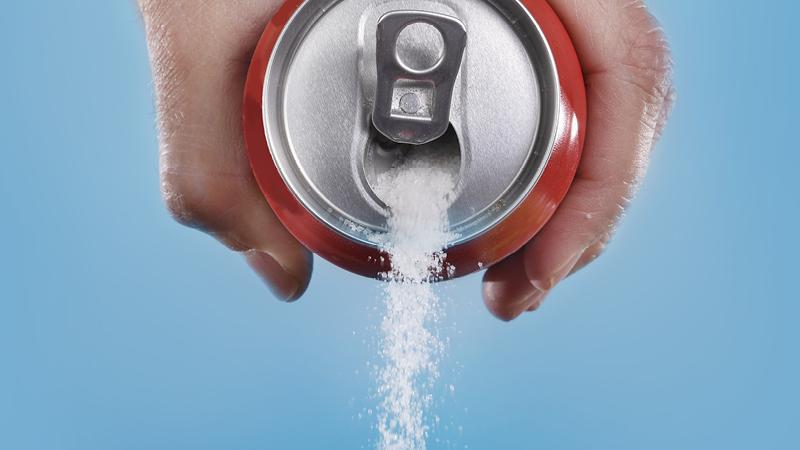
February 27, 2023
By Gabriela Silva, Huntsman Cancer Institute community health educator
St. Peter’s Health is a proud Huntsman Cancer Institute affiliate since 2021
February is Cancer Prevention Month. Despite being the second leading cause of death in the United States, more than 50 percent of cancers can be prevented. Here are five lifestyle choices that can reduce your risk:
- Avoid tobacco. Tobacco is harmful in any amount or form. This includes cigarettes, e-cigarettes, hookah, and chewing tobacco. Quitting tobacco, or better yet, never starting, can greatly reduce your risk of getting cancer and other diseases.
- Be physically active. Moving your body throughout the day can decrease your chances of getting cancer. It is recommended that adults get at least 150 minutes of exercise each week, preferably with some movement every day. Here are some ways to find movement throughout the day:
- Choose stairs over the elevator.
- Park further away than normal.
- Set a timer on your phone to remind you to move around.
- Take walk breaks or go on walking meetings.
- Play active games with your family or friends.
- Eat healthy. Eating a balanced diet with a variety of plant-based foods such as vegetables, whole fruits, whole grains, beans, peas, and lentils can lower your cancer risk. Plant-based foods contain compounds that repair cells and fights cancer before it starts. They also support the immune system, fight infection, provide energy, lower inflammation, and help maintain a healthy weight. Here are some tips for choosing healthy foods:
- Fill half your plate with fruits and vegetables.
- When eating whole grains, choose them at least half the time.
- Enjoy fish twice per week.
- Choose low-fat and non-fat dairy products.
- Choose skinless poultry.
- Limit red meat to 12-18 ounces per week.
- Limit processed meat, such as bacon, hot dogs, and deli meats.
- Limit sugary sodas and drinks.
- Practice sun safety. Everyone, regardless of skin color or type, should take these steps to prevent skin cancer:
- Try not to tan or burn.
- Limit sun exposure between 10 a.m. and 4 p.m.
- Wear broad-brimmed hats, long sleeves, and pants.
- Wear sunglasses with 100% UV protection.
- Avoid tanning beds.
- Put sunscreen on any areas of the skin not protected by clothing. Apply 20 minutes before going outside, and reapply every two hours, or after swimming or sweating.
- Use sunscreen that is SPF 30 or higher, broad spectrum, water resistant, and contains zinc oxide, titanium dioxide, or both. Lotion sunscreen provides better coverage than spray.
- Get screened. Ask your doctor what cancer screenings are right for you based on your sex, age, family history, and smoking history.
Here are some more steps you can take to reduce your risk of cancer:
- Get vaccinated. The human papilloma virus (HPV) can cause cervical cancer and the hepatitis B virus (HBV) can lead to liver cancer. Getting the HPV and HBV vaccines help prevent cancer.
- Test your home for radon. Radon is the second leading cause of lung cancer. You can’t see, taste, or smell radon; the only way to find out if your home has radon is by testing.
- Talk with your doctor. Share your health history and your family’s.
Gabriela Silva, CHES is community health educator for Huntsman Cancer Institute (HCI) at the University of Utah. St. Peter’s Health is a proud affiliate of HCI since 2021. Learn more here.


